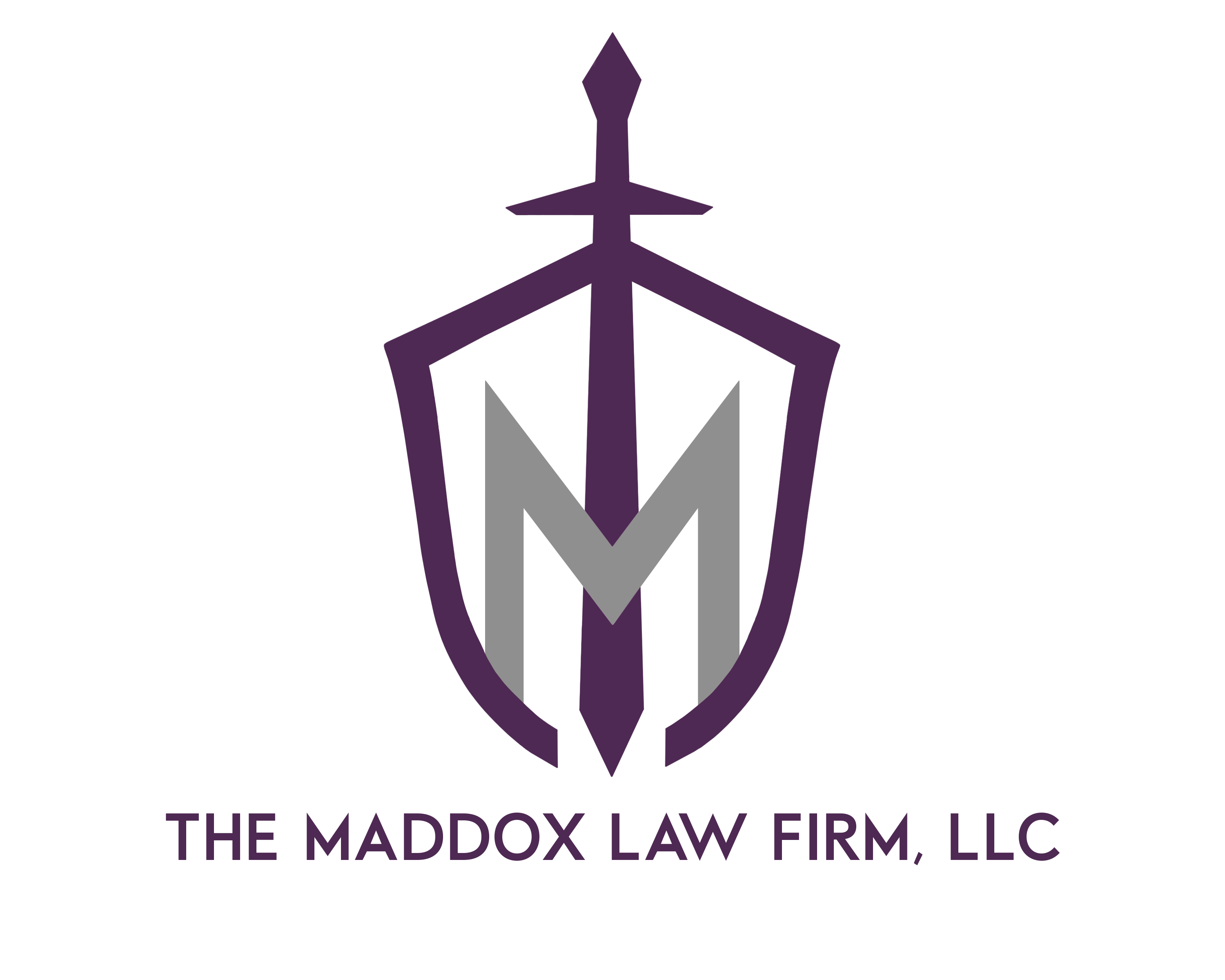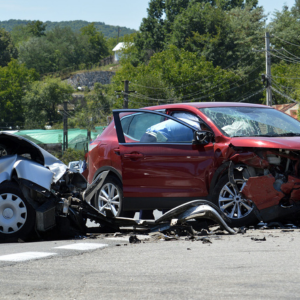You do your very best to be a safe driver, so probably the last thing that you expected was to be seriously hurt in a car accident. Now you have medical bills and lost wages to deal with, and it was not even your fault. This is an understandably frustrating situation. Here is what you may want to keep in mind if you are considering filing a personal injury suit to help address your damages.
Determining who was at fault for your accident is the first step. You might feel defeated if you were partially responsible, but you should not stop here. Connecticut state law considers comparative fault when deciding who should be held responsible for motor vehicle accident damages. So long as he or she was mostly at fault — even just 51% — the other driver is liable for damages, even if both of you were partially at fault. However, the documented damages awarded to you will be reduced by your percentage of fault.
You can also seek compensation for the financial burdens related to the wreck. This includes medical bills for things like surgery, doctor appointments and physical therapy. You can also ask for compensation for your lost wages, or living expenses if you are now permanently disabled. In Connecticut you can even recover compensation for so-called non-compensatory damages, like pain and suffering and emotional damages.
Getting hurt in a car accident is not just painful — it is expensive. You should not have to shoulder the burden for related expenses when you were not even responsible for the accident. Filing a personal injury lawsuit can be a good solution to this problem, although there are time limits for when you may do so. Talk to us and find out more about your options.




